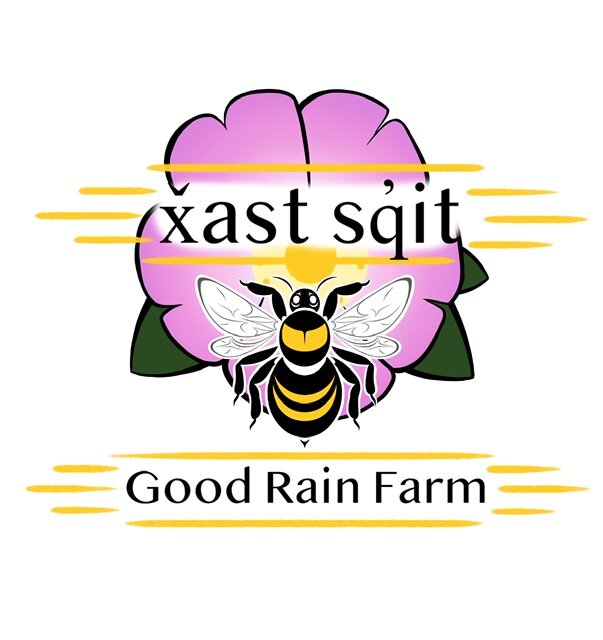Breaking the Rules In Ruleville, Mississippi : A brief look at Fannie Lou Hamer’s life and work.
Mrs. Hamer testifying at the Democratic National Convention in 1964.
Written by Farmer Domenika
Fannie Lou Hamer’s life started in obscurity as the daughter of sharecroppers and ended as the founder of one of America’s most important Farm Cooperatives as well as one of the country’s first Black delegates to the Democratic Party. Her life’s work paved the way for future generations of community activists, farmers, politicians, and grassroots organizers. We at Good Rain Farm believe to this day as she believed a century ago: Real change comes from the bottom up, from and for the community.
Mrs. Hamer became an instrumental organizer for the Student Non-Violent Coordination Committee (SNCC) in the early 1960’s, in the fight for equal acces, voting rights and representation amidst oppressive Jim Crow laws. This activism was met with fines, beatings, arrests, and torture at the hands of local police leaving Mrs. Hamer permanently disabled. Only one year after being granted the right to vote, Mrs. Hamer cofounded the Mississippi Freedom Democratic Party (MFDP) and went on to the Democratic National Convention where she gave a speech so powerful the Johnson Administration scrambled in a failed attempt to block her media coverage by releasing an unplanned “message from the president” at the same time as her speech. It didn’t work. The press aired the speech later, and by 1968 Mrs. Hamer was a member of the first integrated delegation. By 1971 she had founded the National Women’s Political Caucus.
Around this same time, Mrs. Hamer founded the Freedom Farm Cooperative (FFC): a 40 acre parcel in Ruleville, Mississippi purchased with funds from a Wisconsin charitable organization. The eligibility requirements to the FFC was simply that members were poor - no prior experience or skills were necessary to join. The $1/month membership dues were far beyond the financial means of the vast majority of the FFC’s over 1500 members but Mrs. Hamer wisely managed her limited resources and allocated a percentage of crops to pay for the co-op’s legal and tax expenses, leaving the bulk of the produce available to the workers for their own use. Notably, the FFC expanded into a 640 acre “Pig Bank” as it was called - a meat raising enterprise that grew from a grant funded by the National Council of Negro Women for 35 Gilts (female pigs) and 5 males and that evolved into thousands of pigs within 3 years time. This Pig Bank not only provided nutrient-dense food to the members, it also provided a rare opportunity to achieve financial autonomy and equity for poor black farmers in the south through the collective ownership of the lands it possessed. In addition to the Pig Bank and Produce Farm, the FFC managed a store, a boutique, and a sewing enterprise making the co-op one of the largest employers in Sunflower County. As part of her comprehensive community care, Mrs. Hamer is credited with building 200 low income houses for her members, many of which are still standing today in Ruleville, Mississippi.
The tragic end of this amazing grassroots cooperative has all the trappings of combined capitalism and the forced reliance on federal funding and support that has dismantled generations of “bottom up” community care programs throughout history. Mrs. Hamer’s Freedom Farm Cooperative is an important example of how powerful community collectives can be and how often federal, state, and local governments will actively resist and destroy any threat to our dependence upon their archaic and racists systems, as citizens. Further chipping at the foundation of this movement is the status quo of profitability within traditional capitalist definitions. It is difficult to do good in the world if someone isn’t making money off it, despite the best intentions.
Thinking about this history leads me to think abou Black Farm Cooperatives in the present moment, here and now in 2021. I think of farms like MudBoneGrown and Black Futures Farm both in Oregon, or Bunkhouse Acres and Black Famer’s Collective in Washinton, and further out there is Green Heffa Farms in North Carolina and Soulfire Farm in New York. The future of Black Farming is happening NOW, and I encourage you to read up on all your local black farmers and learn about their mission and values. Become a patron to their cause if you can, and help make the future of Black Cooperative Farming in America brighter than its past. This database of Black Farms by region is very helpful in that effort:


